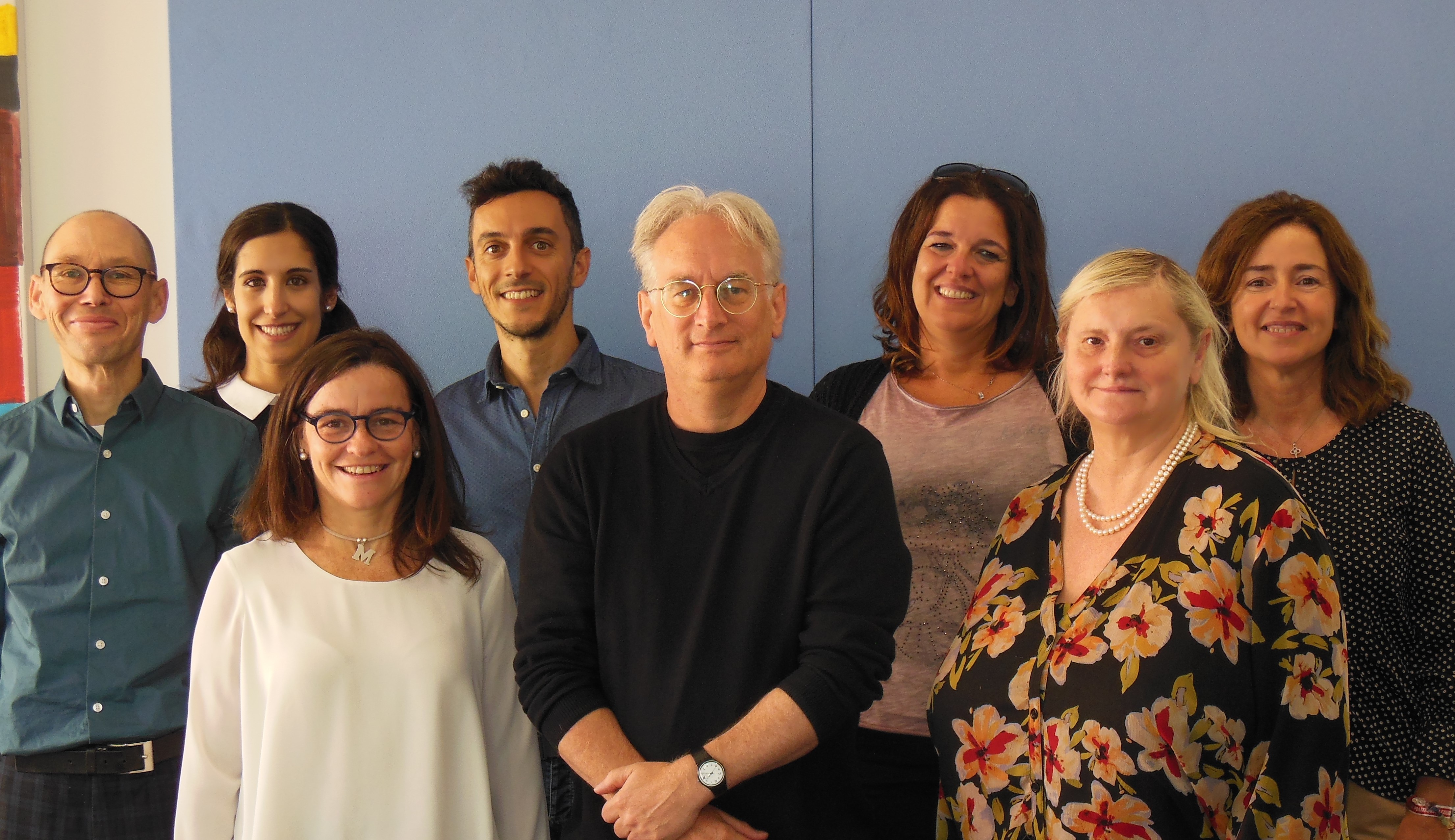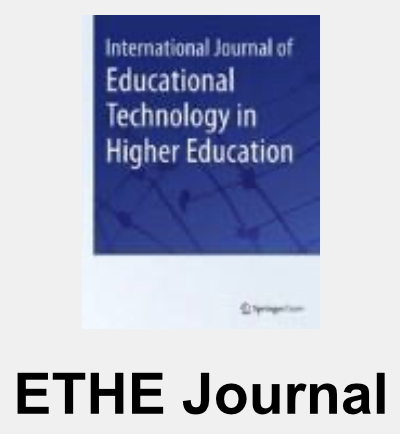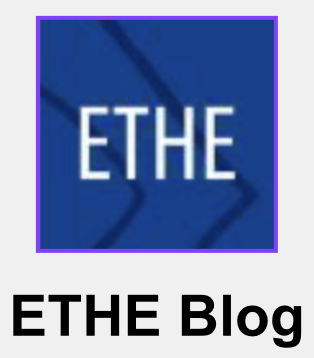Are we “critical thinkers” when using technologies? Towards developing critical digital literacies
Last Thursday the UOC team for the «DETECT» project (Developing Teachers Critical Digital Literacies, https://www.detectproject.eu/) took part at the Labs held within the context of the Digital Competence programme “ACTIC” (https://actic.gencat.cat/ca/congres/programa/tallers/ ).
The workshop aimed at raising awareness among educators about the critical perspective in relation to the use of technologies digital and social media. By “critical” we mean a complex mix of meanings, sometimes conflicting, which embed positive and negative (recently, very negative) issues in our relationship with everyday life technologies as well as technology-enhanced learning activities.
The learning goals of the workshop were:
- To know the framework of critical digital competence developed within the European project DETECT (See Fig. 1), under the coordination of the University of Helsinki, and the participation of all DETECT partners (both universities and schools).
- Validate an instructional design scheme for teacher training in the critical perspective of the use of emerging technologies through the “challenge” -based learning methodology.
- Collect possible scenarios for the work of the critical perspective of digital competence in the educational field.
The workshop explored hence the notion of critical digital literacy investigated under the coordination of the University of Helsinki team, during the first year of work at the DETECT project: the CDL-Framework (Fig.1). The framework was considered a base to discuss practical applications and implications in educational contexts. Most importantly, during the Workshop, an analysis of the MOOC on which the UOC is working as a training proposal was introduced. We opened hence a space of interaction supporting the participants to reflect on possible training scenarios from a critical perspective in the use of digital technologies.
Fig. 1 – Critical Digital Literacies Framework
One of the most important things after this workshop is our willingness to open the collaboration to all interested teachers, to build the MOOC: by mapping the existing practices, we might work over these and offer them as examples of intervention, useful to other colleagues. The CDC framework will be very useful in building conceptually this map.
How can you contribute: See the initial form here!
Finally, we are delighted to share our presentation as requested by the participants (in Catalan) as well as the results of the Mentimeter interactions.
PRESENTATION
MENTIMETER INTERACTIONS -> Click Here!
And our team at work here!

Fig 2 – Juliana Raffaghelli, Marc Romero, Dèlia Español, Teresa Romeu.








20 Responses
2stimuli
chat to gay https://bjsgaychatroom.info/
college gay dating dite https://gaypridee.com/
facebook gay dating group https://speedgaydate.com/
loosest slots san diego https://2-free-slots.com/
wow character slots https://freeonlneslotmachine.com/
download scatter slots https://candylandslotmachine.com/
free slots https://pennyslotmachines.org/
facebook free slots games https://slotmachinesworld.com/
konami free slots https://slotmachinesforum.net/
wizard of oz slots https://slot-machine-sale.com/
slots https://beat-slot-machines.com/
classic slots free https://download-slot-machines.com/
hollywood slots in bangor https://411slotmachine.com/
free casino slots games https://www-slotmachines.com/
double down slots https://slotmachinegameinfo.com/
cheap dissertation writing service https://buydissertationhelp.com/
proquest dissertation search https://dissertationwriting-service.com/
dissertation abstract help https://help-with-dissertations.com/
help writing dissertation https://dissertations-writing.org/